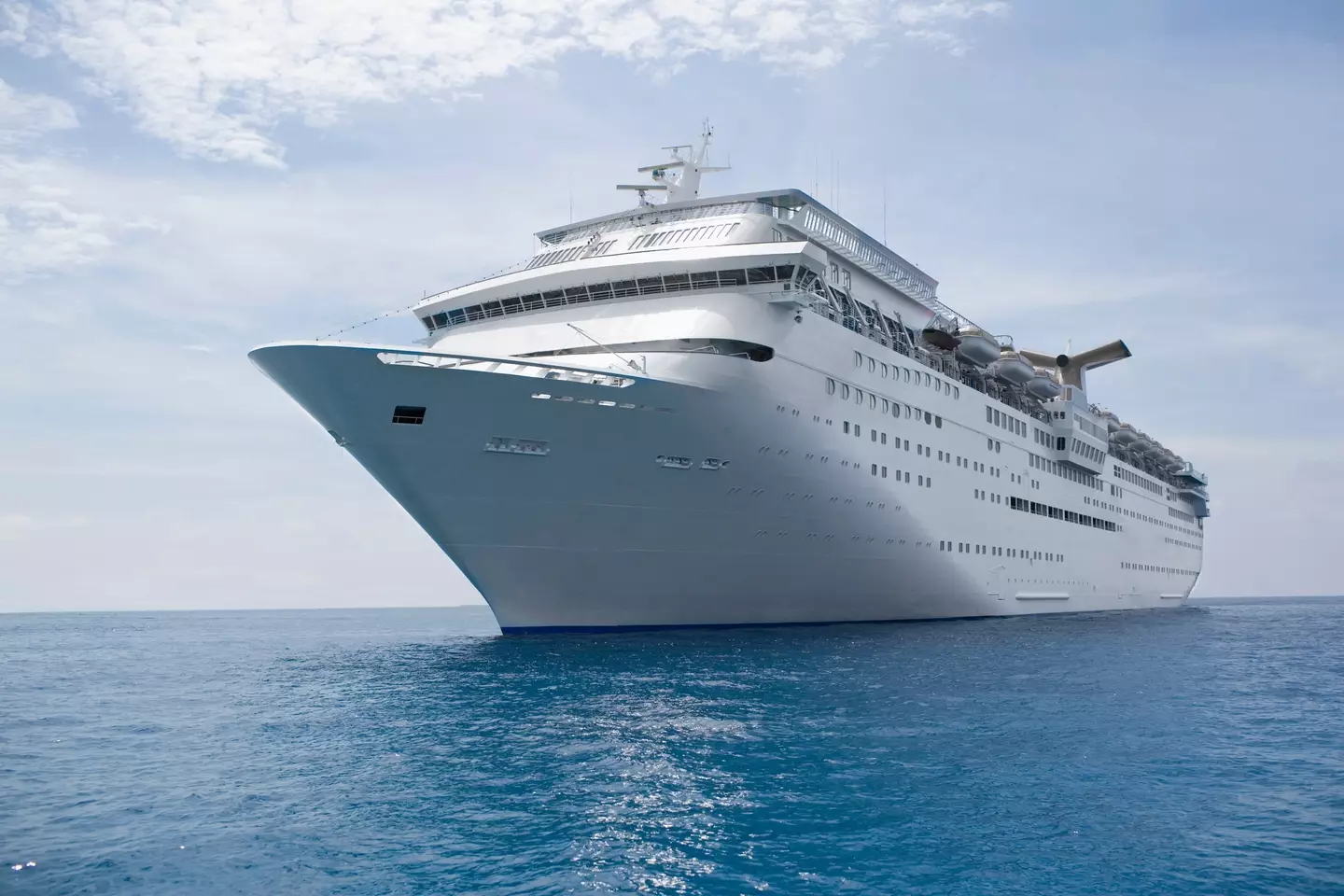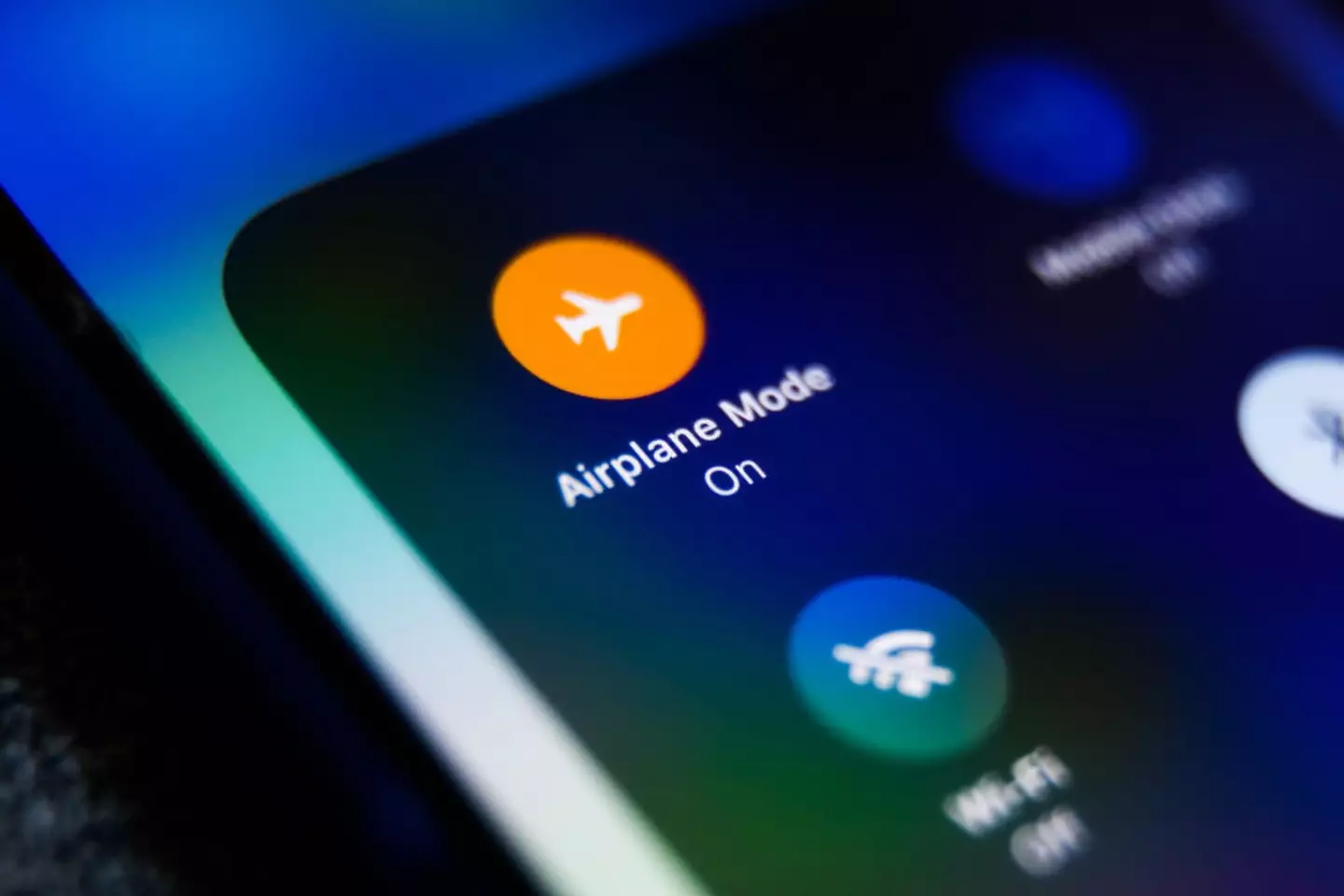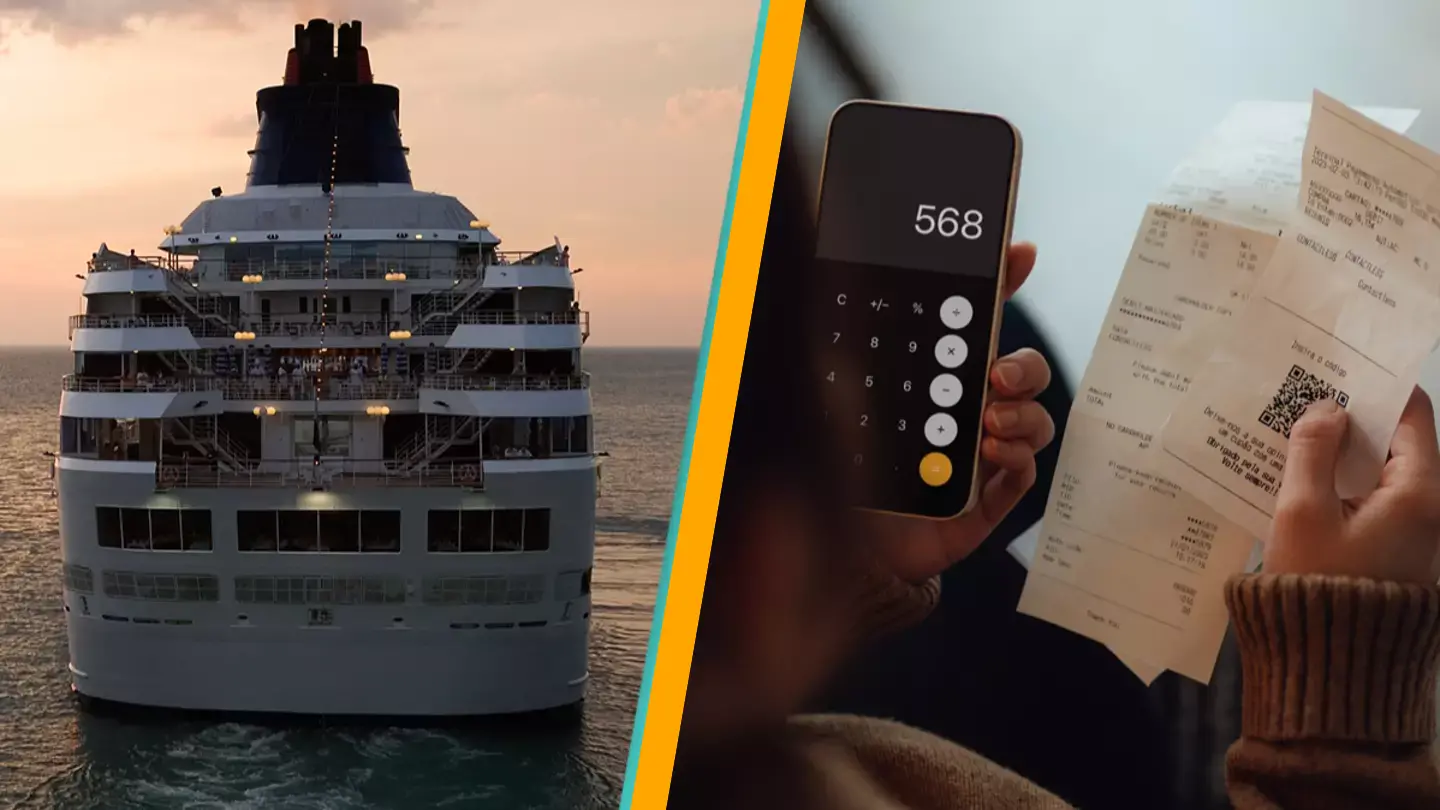Passengers on cruise ships have been cautioned to ensure they take one straightforward action before embarking on their journey following a tourist being hit with a surprisingly large bill.
Returning from a dream vacation can be tough, but one individual likely feels particularly unlucky after coming back from a Royal Caribbean cruise only to face an unexpected $1,300 charge.
The traveler, who chose to remain anonymous, reportedly made a simple yet common mistake, as noted by YouTuber Jayson Judson. The traveler expressed frustration with Royal Caribbean for not covering the costs.

According to reports, the issue began when the traveler bought Royal Caribbean’s Wi-Fi package while boarding the ship for their getaway.
The tourist was apparently unaware that the Wi-Fi plan did not include phone service until they were presented with a large bill from their mobile provider.
The cruise company, based in Miami, reportedly denied the customer’s request to assist with the bill, as the video indicated that the customer acknowledged they “never put the phone in airplane mode.”
The YouTuber explained that the high bill resulted from the passenger allowing their child to use the phone all week to stream videos.

Confused.com points out that streaming videos can quickly consume a lot of data.
For example, 250 MB allows for 10 hours of web browsing, 8,333 emails, 62 Spotify songs, or only two 30-minute episodes of videos.
According to Cruise Critic, while some cruise lines claim to offer fast internet at sea, passengers must pay to use onboard Wi-Fi, requiring connection, and be wary of cellular roaming charges beyond that.
This happens because when the ship sets sail, phones switch to satellites that operate over international waters.
To avoid high charges, some U.S. carriers provide cruise roaming plans, or you can manually limit your phone to only the apps you need.
You can set your background data to Wi-Fi only or adjust roaming settings for text messages.

Nonetheless, the most reliable method is to switch the phone to Airplane Mode and connect to the ship’s internet or access free Wi-Fi at restaurants and bars when in port.
Many people on social media have commented that the passenger is “definitely to blame” for neglecting to follow this simple advice.
One comment stated: “The passenger is at fault. Cellphone service isn’t the responsibility of the cruise line. That’s a hard lesson to learn.”
Some noted it is unlikely the passenger did not receive text warnings from maritime services or the cruise ship’s network.
“Ignorance is no excuse,” wrote an individual claiming to be an IT professional, adding: “I understand that for some, the difference between Wi-Fi and cellular data can be confusing.”
Another person remarked: “Why are we watching videos when we on a cruise? That is the real problem.”

